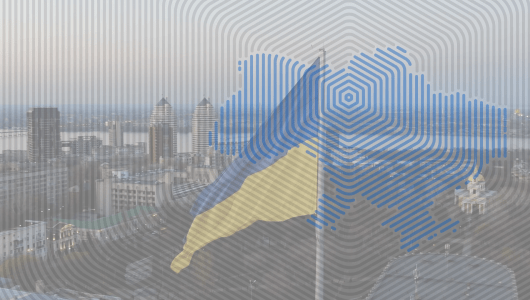
Russia's Invasion of Ukraine: What Next?
The Geopolitical and Economic Fallout of Putin’s War
Russian president Vladimir Putin has launched a full-scale military invasion of Ukraine and demanded it lay down its weapons in what could mark the start of Europe’s largest conflict since the second world war.
Ukraine said it was under attack from the air, while Russian troops poured in from Belarus, Crimea and separatist-held regions in the east of the country. Putin claimed he was not planning to occupy Ukraine but warned that any western intervention would “lead you to consequences that you have never encountered in your history”.
Nato condemned “Russia’s reckless and unprovoked attack on Ukraine” and called an emergency meeting of the transatlantic alliance, while EU leaders prepared to dramatically expand financial and economic sanctions on Russia.
Oil prices rose above $100 a barrel for the first time since 2014, amid concerns of the impact of sanctions on Russian oil and gas supplies to Europe, as the crisis continued to rip into financial markets.
What will happen next? What are President Putin’s ultimate objectives? What can Ukraine do and what can it expect from the Nato alliance which Russia is citing as a threat to it? How will sanctions affect the global financial system, energy flows and supply chains? To what extent will China help Russia weather western sanctions?
Join Financial Times journalists and leading experts for an up-to-the-minute virtual briefing on the geopolitical implications of the crisis and its impact on business and the world economy.
Not an FT subscriber?
Take a £1 trial today so you can join this subscriber-exclusive event

© Financial Times Live
FT Live and its journalism are subject to a self-regulation regime under the FT Editorial Code of Practice